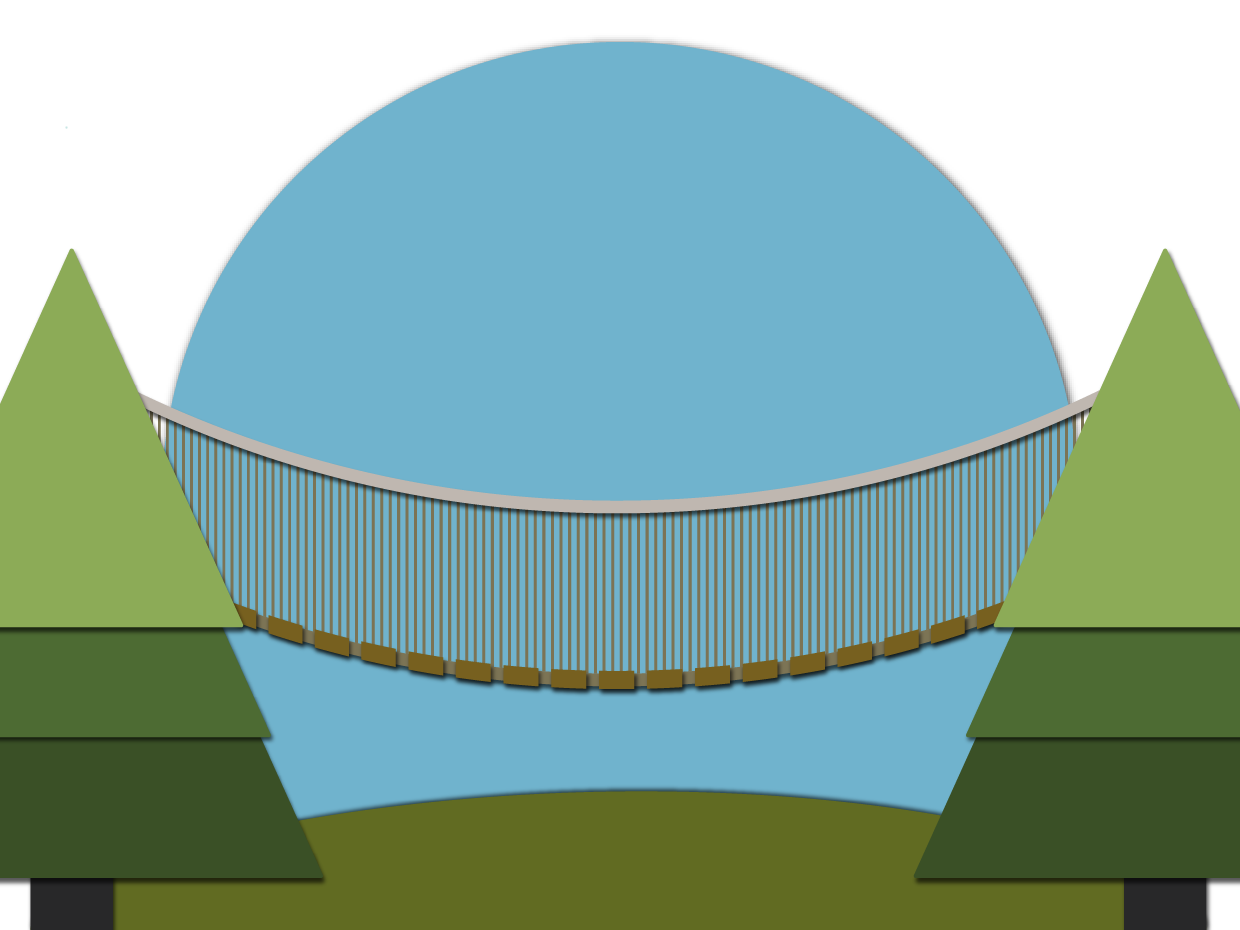As a parent you may be eligible for the following benefits and or tax credits such as the Canada Child Benefit, Child Care Expenses Deduction and the Adoption Expense Tax Credit. Learn more by reading below.
On this page you’ll find
Canada Child Benefit (CCB)
This tax-free monthly payment is made to eligible families with children under the age of 18. The payment amount is calculated each year based on your family’s net income from the previous year.
You can apply for the CCB through your CRA My Account, or by filling in Form R66.
Learn more about the Canada Child Benefit from the CRA, and estimate your payment amount with the Canada Child Benefit Calculator.
Child care expenses deduction
If you have paid expenses for someone to look after your child so that you can go to work or school, you may be eligible for the Child Care Expenses Deduction. Eligible payments include daycare, nursery school, day camps, or child care providers that are not related to you.
Deductions reduce your taxable income at tax time, which means the deduction may lower the amount of tax you owe, but it will not add to a refund.
The maximum you can claim per child each year is:
- $8,000 for children under age 7
- $5,000 for other eligible children
- $11,000 for children who qualify for the disability tax credit
Learn more about the Child Care Expenses Deduction, including how to claim it, and what payments you can claim.
Adoption Expense Tax Credit
You can claim an amount for adoption expenses related to adopting a child under the age of 18. The maximum claim for each child is $18,210 in 2023. The amount is indexed to inflation.
Saving for your child’s education in an RESP
Contributions to your child’s RESP are not tax deductible, but you won’t be taxed on any income earned while the funds remain in the plan.
If you save for a child age 17 and under, the federal government and some provincial governments will also put money into the RESP as a grant or bond.
Accumulated earnings and government grants are taxable income to the student in the year they are paid out. Contributions can be withdrawn tax free.
Read more about RESPs including how they work and different types of RESPs.
Summary
As a parent you may receive benefits and reduce your tax income if you qualify for:
- Monthly CCB payments.
- Child care expenses deduction.
- Adoption expenses tax credit.
